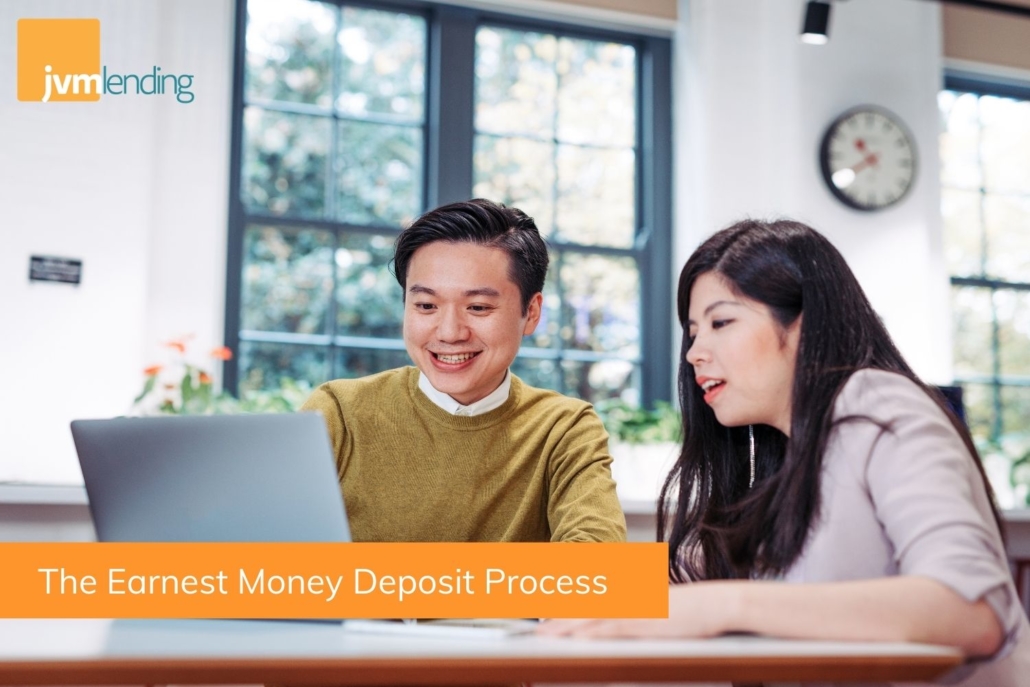
First-time homebuyers generally have lots of questions when it comes to putting down their Earnest Money Deposit (EMD) on the home they are purchasing.
What Is An Earnest Money Deposit?
Earnest Money Deposits, sometimes called a Good Faith Deposit, are a portion of the purchase price that the homebuyer pays upfront to show the seller that the buyer’s offer is serious, in good faith, and “valid.” This deposit can be applied to the purchase price if the transaction proceeds forward. If the buyer ends up backing out of the deal without justifiable cause, it can be transferred to the seller.
How Do Earnest Money Deposits Work?
Once an offer is accepted, Earnest Money Deposits are typically paid and held by the title company once the buyer and seller enter into a purchase agreement or contract. It’s customary for buyers to include the earnest money deposit when they present an offer or once the offer is accepted. The funds are usually held by an escrow company or other neutral third party.
Earnest Money Deposits are typically applied to the buyer’s closing costs or down payment for the house once the transaction moves forward.
However, this deposit is more than just proof of sincerity. In principle, the deposit reimburses the seller if the buyer fails to meet the contract’s requirements and compensates the seller for “damages” from a buyer backing out of a deal without a valid reason.
When Can Sellers Keep The EMD?
So, what are the exact conditions where a seller can keep the buyer’s Earnest Money Deposit?
In most cases, these circumstances are clearly outlined within the contract to avoid any disputes. This is why it’s crucial for both the buyer and seller to understand the purchase agreement before signing.
There are valid reasons for a buyer to back out, and these can be written into the contract as “contingencies.” For instance, two common contingencies allow the buyer to back out if significant issues are revealed during the home inspection or if something happens with the buyer’s mortgage financing.
But, if a buyer backs out because of a change of heart or any reason not listed in the contingencies, the seller could claim the deposit.
What Is The Minimum Amount of An Earnest Money Deposit?
There are no regulations in place to control how much a buyer should deposit as an EMD. The amount is typically based on customs within the local real estate market.
This instance is one reason why we recommend homebuyers work with a knowledgeable local real estate agent. An agent who knows the area can advise you on how much a reasonable Earnest Money Deposit is in the area you are buying a home.
That said, Earnest Money Deposits can range from a few hundred dollars to a few thousand – depending on the real estate market and the sales price of your home.
Ask Your Mortgage Lender
To learn more about navigating the purchase process and Earnest Money Deposits, speak to a reputable mortgage lender and your real estate agent. The JVM Lending team are experts when it comes to home purchases and are available to help you navigate the entire process from offer to close.
To learn more about how you can get pre-approved, secure a low mortgage rate, and the other factors that impact your home loan process, you can contact our expert team of Mortgage Analysts. Our team is available 7 days a week by phone at (855) 855-4491 or by email at [email protected].
























